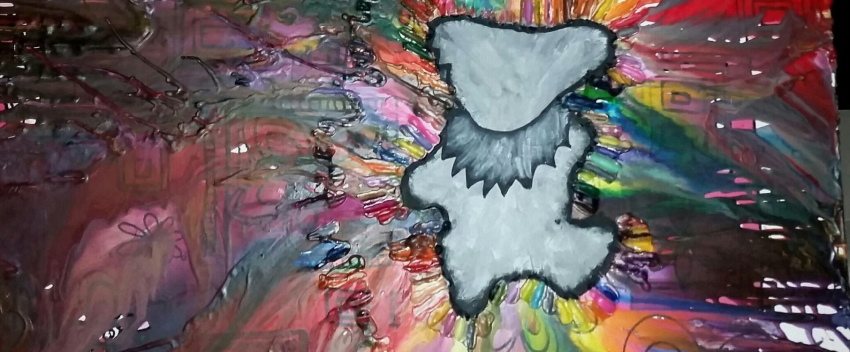The Idea: Most companies are guilty of playing a perpetual game of “follow the leader.” We read the same business books, go to the same conferences, and make the same mistakes. That is why the misfits and outsiders often sneak up on us and steal the show with innovative new ideas or ways of thinking. What can we learn from a band that was fifty years ahead of their time? Let’s ponder the enduring lessons of “The Dead”.
Improvisation
The essence of improvisation means taking what is unexpected or disruptive and using it to your advantage. The Grateful Dead – like all jam bands – played off each other in the moment, adapting and following each other’s lead. This genre of music ignores hierarchy and rigidity. It’s a constant process of taking and giving back the melody, letting the inspired member lead on.
The Grateful Dead were never one of those bands with numerous Billboard hits, as they entered the Top 40 only once with “Touch of Grey.” They were a rock band, but deep down saw themselves as a jazz ensemble. The group was inspired by Miles Davis and other improvisational artists. Barry Barnes, author of Everything I Know About Business I Learned from the Grateful Dead states “The public nature of the performance (like business) creates stress, tempting them to rely on what has worked well in the past. If you play it safe, the rewards tend to be low but if you lay it all on the line, risking failure, you just might reap huge rewards.” The band was always open to “start over,” relying on improvisation and adaptation as it’s guiding force.
Co-Creation
Amazingly, The Dead captured the admiration of their tribe within their music and outside of it. Barnes explains further “Long before Facebook, Deadheads created their own dispersed social network, a tribe of fans united by a love of the band’s music and a commitment to its values. This community formed the foundation of the band’s business model.” Starting in the ‘60s, “The Dead did precisely what the internet is encouraging today – they erased the boundaries between producers and consumers. Their fans created a genuinely collaborative environment in which both produced the organization’s greatest product – the live concert performance.” The focus was always on co-creation with their fans.
Recording was allowed at all live performances, with the caveat of sharing with others. “They recognized that this grew their fan base, while creating a historical record as every show was different.” Therefore, even today, there is a comprehensive timeless catalogue of most shows available to their fans. And the band’s makeshift newsletter (the signup printed on a 1971 album) grew to nearly 100,000 people in ten years.It was organic and communal – and, most of all, inclusive. The Dead understood that Co-creation starts with an invitation.
Experience
Founder Jerry Garcia had a transcendent mindset about the band and music. “For me, it’s always emotional – can I live with the song? I’m going to have to get on stage and be this song. I’m going to have to represent this point of view, this idea. And if it doesn’t work for me, I can’t do it. I can’t act, you know? So there has to be something authentic about it.” Music and business today has become way too transactional; almost boring at times. Organizations must be willing to go to the edge to birth amazing experiences. The Dead didn’t just embrace the EXPERIENCE ECONOMY; they embodied it.
“Fans seeking authentic experiences don’t chase trends; they seek out the brands that transcend trends.”
Source: Barry Barnes

